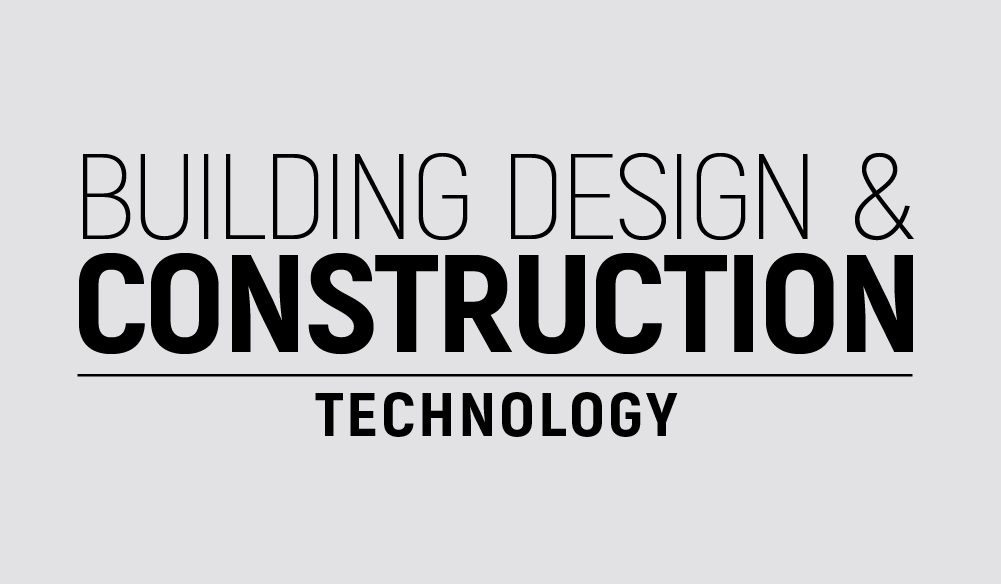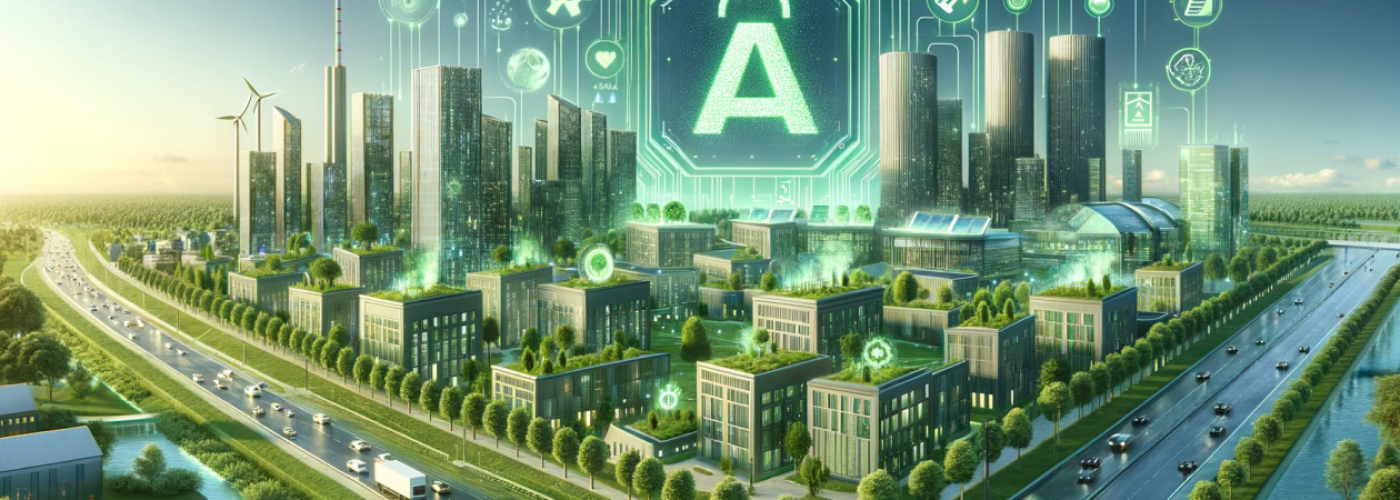11 strategies are highlighted as crucial to reach up to 80% reduction in emissions, with integrated energy management playing a more substantial role than classic retrofits.
The World Economic Forum has released a report proposing a £1.4 trillion global market opportunity through the decarbonization of buildings by 2030. The report identifies 11 strategies to reduce building emissions by 80%, emphasizing the crucial role of advanced technologies, including integrated energy management.
“It was only a matter of time until we see AI-driven platforms highlighted in the most influential reports. They enable real-time optimization of building energy systems, managing data from thousands of sensors to ensure peak efficiency,” said Donatas Karčiauskas, CEO of Exergio, a leading company in the Baltics that focuses on AI-based building energy performance solutions. “This approach aligns perfectly with the WEF’s strategies, facilitating significant emission reductions and operational improvements.”
The report identifies integrated energy management as a critical strategy for achieving a collective 80% reduction in emissions. For the first time, it was placed as more important than insulation or traditional renovations.
Owners and investors are now encouraged to invest in digitalization to capture operational-cost savings, architects and engineers are urged to deploy energy management systems, and utilities and operators are advised to provide technology and services to generate new revenue streams and build synergy with renewable development.
“As energy performance platform providers, we know that investing in digitalization and AI-based solutions is not just about cutting costs anymore; it’s about unlocking new revenue streams and creating long-term value,” Karčiauskas emphasized. “Achieving up to 20% in energy savings is a common practice for us, however, we also see increased user satisfaction in the buildings whose energy performance is controlled using AI solutions.”
Alongside integrated energy management, key strategies highlighted in the report include upgrading heating and cooling systems, adopting sustainable building materials, green energy supply, decarbonization of traditional materials, and others.
Exergio’s AI solutions are designed to address several issues raised in the report, providing real-time data analysis and actionable insights that lead to immediate and substantial energy savings of up to 20%.
“The ability to continuously monitor and optimize building operations is what sets us apart,” Karčiauskas added. “AI tools adjust heating and cooling based on real-time occupancy and environmental data – some of the key factors important for non-residential buildings such as large offices and malls.”
The report claims that the £1.4 trillion opportunity will arise from premiums, new market growth, and improved ESG performance. It also highlights China’s critical role, given its status as the world’s largest construction market, and showcases best practices from other emerging economies like the UAE
Building, Design & Construction Magazine | The Choice of Industry Professionals





